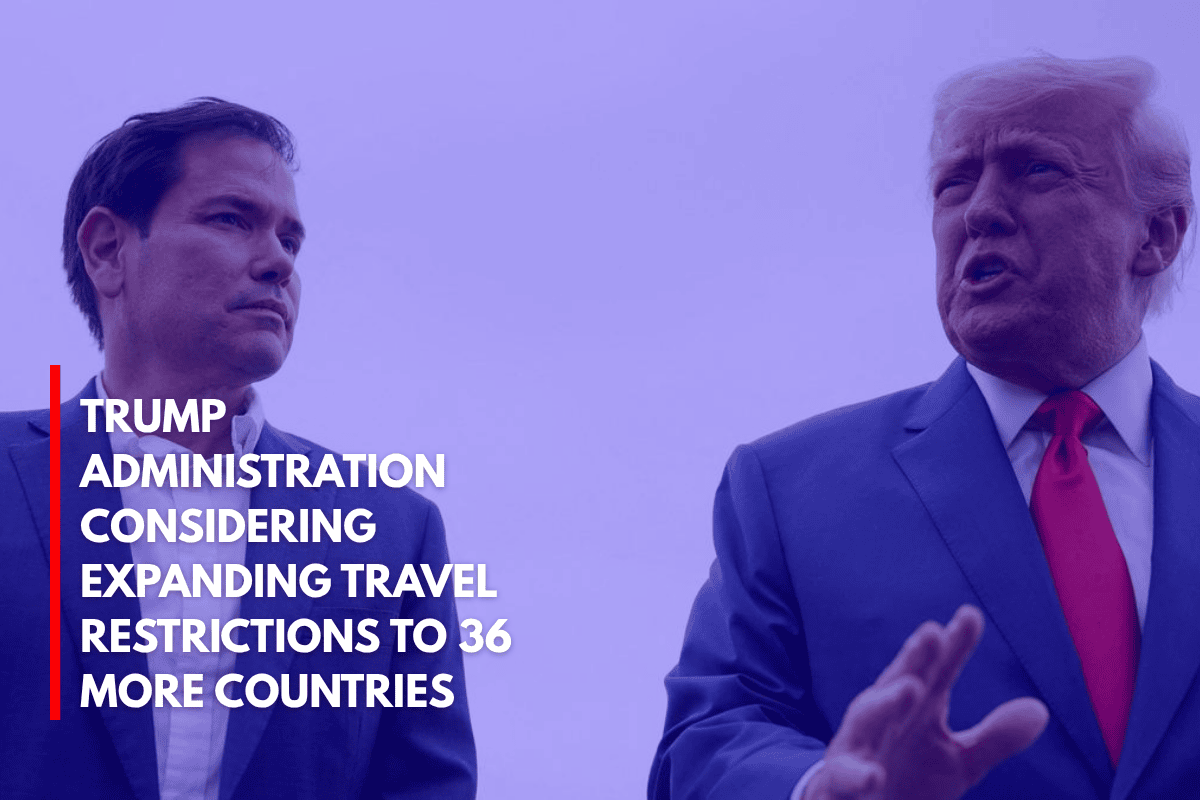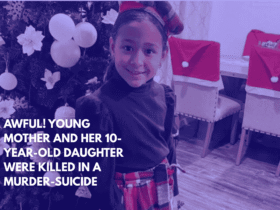Washington, D.C. – The Trump administration is reportedly considering expanding its travel restrictions by potentially banning citizens from 36 additional countries from entering the United States, according to an internal State Department cable obtained by Reuters.
This new move follows a previous ban issued earlier this month that restricted entry from 12 countries, continuing President Donald Trump’s focus on tightening U.S. immigration policies.
Earlier in the month, Trump signed a proclamation that banned citizens from 12 countries, citing the need to protect the U.S. from “foreign terrorists” and other national security threats.
This move was part of a larger immigration crackdown at the start of Trump’s second term, which also included the deportation of Venezuelans suspected of being gang members, as well as efforts to limit the enrollment of foreign students at U.S. universities.
The internal diplomatic cable, signed by U.S. Secretary of State Marco Rubio, outlined a series of concerns about the countries in question and called for corrective actions.
Among these concerns were the lack of reliable identity documents, security issues regarding passports, and failure by some countries to cooperate in the deportation of their nationals from the United States.
Other issues raised included high rates of visa overstays and, in some cases, involvement in acts of terrorism or anti-American and antisemitic activities.
The cable noted that not all of these concerns applied to every country listed, but if these nations fail to meet specific benchmarks within the next 60 days, they may face a full or partial suspension of entry into the U.S. The 36 countries under review for potential travel restrictions include: Angola, Antigua and Barbuda, Benin, Bhutan, Burkina Faso, Cabo Verde, Cambodia, Cameroon, Cote D’Ivoire, Democratic Republic of Congo, Djibouti, Dominica, Ethiopia, Egypt, Gabon, The Gambia, Ghana, Kyrgyzstan, Liberia, Malawi, Mauritania, Niger, Nigeria, Saint Kitts and Nevis, Saint Lucia, Sao Tome and Principe, Senegal, South Sudan, Syria, Tanzania, Tonga, Tuvalu, Uganda, Vanuatu, Zambia, and Zimbabwe.
This expansion would significantly broaden the scope of the earlier travel ban, which had already impacted countries such as Afghanistan, Myanmar, Chad, Congo Republic, Equatorial Guinea, Eritrea, Haiti, Iran, Libya, Somalia, Sudan, and Yemen. Additionally, Burundi, Cuba, Laos, Sierra Leone, Togo, Turkmenistan, and Venezuela have faced partial restrictions.
This potential expansion of travel bans follows a similar trajectory to the controversial 2017 travel ban that initially targeted seven Muslim-majority countries. After several legal challenges and revisions, the policy was upheld by the Supreme Court in 2018.
In response to questions about the internal deliberations, a senior State Department official explained, “We are constantly reevaluating policies to ensure the safety of Americans and that foreign nationals follow our laws.”
The official emphasized that the department is committed to maintaining high standards of national security and public safety through its visa processes.
As discussions around the proposed expansion continue, U.S. immigration policy faces increasing pressure from various groups. Some call for more stringent border control measures, while others advocate for diplomatic solutions that prioritize international cooperation.











Leave a Reply